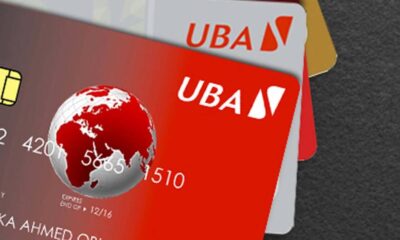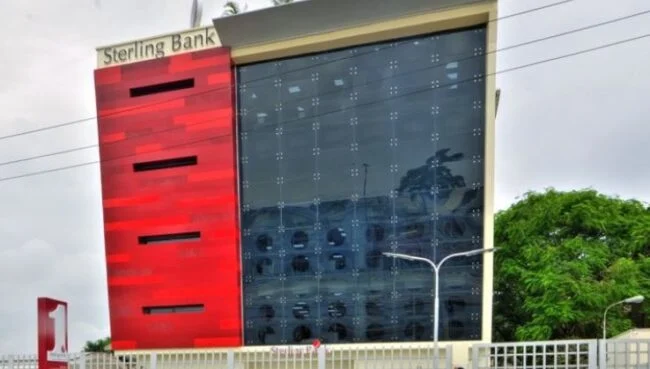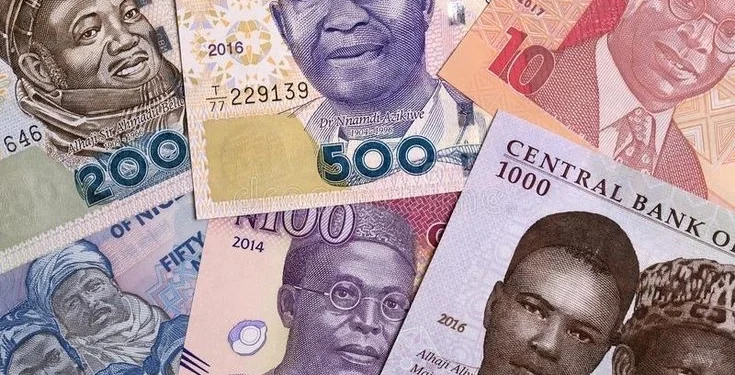Africa’s Global Bank, United Bank for Africa (UBA) Plc, in collaboration with Mastercard, Tuesday announced the launch of the Mastercard prepaid card to further accelerate financial inclusion and expand access to digital payment solutions across Africa.
The card, which does not require a traditional bank account, is designed to serve individuals who have historically lacked access to formal financial services, particularly young adults, gig workers, and low-income earners. It enables users to top up funds easily, transact both locally and internationally, and manage spending with flexibility and security.
With more than 28.9 million adults in Nigeria remaining unbanked, and digital-first tools increasingly demanded by youth and freelancers, the prepaid card directly addresses pressing gaps in the financial ecosystem.
Mastercard’s Country Manager, West Africa, Dr Folasade Femi-Lawal and Group Head, Retail & Digital Banking, United Bank for Africa (UBA), Shamsideen Fashola, during the the launch of the Mastercard Prepaid Card to further accelerate financial inclusion and expand access to digital payment solutions across Africa, held at the Bank’s headquarters in Lagos on Monday.
Group Head, Retail & Digital Banking, United Bank for Africa (UBA), Shamsideen Fashola, who noted this is a demonstration of the bank’s customer-first approach, stated that the bank is committed to ensuring that every Nigerian is banked and gets the best service.
“This collaboration with Mastercard is yet another demonstration of our customer-first approach. We are committed to providing practical solutions that meet the everyday needs of Nigerians, and this card will make payments simpler, safer, and accessible to all”
Mastercard’s Country Manager, West Africa, Dr Folasade Femi-Lawal, said: “At Mastercard, we are relentlessly committed to advancing financial inclusion through innovative and secure digital payment solutions that serve both banked and unbanked Nigerians. Collaborating with UBA enables us to unlock endless possibilities by connecting individuals across all income levels, demographics, and social strata. Together, we are empowering Nigerians with the tools they need to confidently participate in the global economy and shape a more inclusive digital future.”
The prepaid card offers distinct benefits for different user groups. Cardholders can use it as a convenient budgeting tool; freelancers and gig workers gain a flexible expense solution; and the unbanked are empowered through a secure, reloadable allowance card. The product is globally accepted and supported by Mastercard’s trusted infrastructure, providing users with peace of mind and seamless digital payment experiences.
This collaboration aims to pave the way for a more inclusive and sustainable financial future in Africa, by striving to break down long-standing barriers, enable underserved communities, and advance economic growth.
United Bank for Africa (UBA) Plc is a leading pan-African financial institution, offering banking services to more than 45 million customers across 20 African countries, as well as in the United Kingdom, the United States, France, and the United Arab Emirates. With a strong focus on innovation, financial inclusion, and customer service, UBA provides retail, commercial, and institutional banking solutions, empowering individuals, businesses, and governments through cutting-edge digital platforms and inclusive financial products.
Mastercard powers economies and empowers people in 200+ countries and territories worldwide. Together with our customers, we’re building a sustainable economy where everyone can prosper. We support a wide range of digital payments choices, making transactions secure, simple, smart and accessible. Our technology and innovation, partnerships and networks combine to deliver a unique set of products and services that help people, businesses and governments realize their greatest potential.
www.mastercard.com

 BIG STORY3 days ago
BIG STORY3 days ago
 BIG STORY3 days ago
BIG STORY3 days ago
 BIG STORY15 hours ago
BIG STORY15 hours ago
 BIG STORY10 hours ago
BIG STORY10 hours ago
 BIG STORY3 days ago
BIG STORY3 days ago
 BIG STORY3 days ago
BIG STORY3 days ago
 BIG STORY1 day ago
BIG STORY1 day ago
 BIG STORY3 days ago
BIG STORY3 days ago























